
IME’s Role in Streamlining Exports
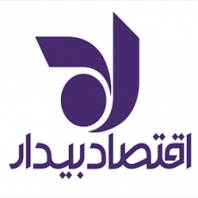
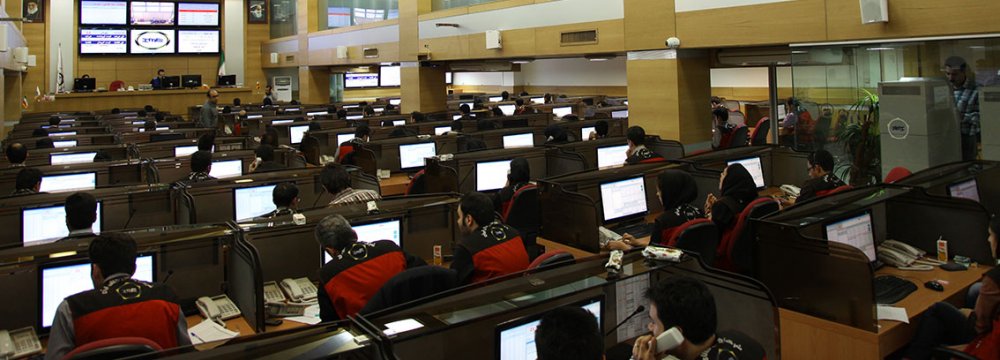
And in order to do business, producers and traders require fast access to reliable, standardized and centralized information on global markets, reads an article published in Financial Tribune’s sister publication, the Persian weekly Tejarat-e-Farda and penned by Managing Director of Eqtesad-e-Bidar Brokerage Hassan Rezaeipour.
The translated version of the article is presented below:
Commodities exchanges provide producers and traders with transparency in pricing and transactions, a competitive edge in exports and a variety of financial tools and contracts such as spot prices, forwards, futures and options on futures.
Iran Mercantile Exchange is a commodities exchange in Tehran, which trades in agricultural, industrial and petrochemical products in the spot and futures markets.
IME offers a variety of services, including access to the initial offering of commodities, pricing for Iran’s over-the-counter, secondary markets and end users, providing a venue for government sales and procurement purchases, facilitating a trading platform and user interface, providing clearing and settlement services, risk management, technology services and training of market participants.
Established in 2006, IME was earlier in charge of bitumen’s price discovery and exports. Bitumen trade was booming in the region, yet Iranian exporters were making minimum profits and the competition was undermined by dealers exploiting the opaque market conditions.
Delegating bitumen trade to IME’s exports trading board resulted in producers boosting their product quality and enabled buyers to cut out the middlemen and find the most competitive prices.
The trade potential of many of Iran’s export commodities with comparative advantage, such as cement, iron ore and other mineral products, can only be realized once they are offered on IME. The advantages the exchange offers traders and producers are as follows:
Maximizing Value Added
Determining a commodity’s real price is always a concern for the producer. Of course, global markets usually determine an approximate price for most common goods, but for niche products such as pistachio, dates or saffron–some of Iran’s most lucrative exports–the role of a commodities exchange is pivotal. It determines a commodity’s spot price by assessing the market conditions affecting supply and demand. This can help maximize value-added for producers in boom periods.
Building Trust for Foreign Buyers
Most official channels to trade with Iran were closed following the imposition of banking and economic sanctions on the country in 2006.
Consequently, middlemen thrived and suitcase trading flourished. Most channels reopened following the implementation of the Joint Comprehensive Plan of Action in January and the lifting of sanctions, but for many foreign traders and investors, hesitation lingers when it comes to the Iranian market.
Bolstering the portfolio of IME’s export trading board and highlighting its transparency and accountability can help restore Iranian and foreign players’ trade ties.
Boosting Product Quality
The mandatory standards set for product quality at IME helps producers raise their game and enhance their competitive edge in global markets. Inconsistent and subpar product quality has been a lingering issue in the case of some of Iran’s main exported commodities, such as cement.
Iraq, which was Iran’s primary cement export destination for years, lowered its imports from Iran citing poor quality among other reasons and eventually banned the import of the Iranian material altogether. Designating IME as the main reference for all products can solve this issue.
Influencing Regional, Global Markets
The successful instance of offering bitumen at IME indicates that supplying a commodity with competitive edge and standardized pricing by an official source can enable producers to dominate regional and global markets and set prices in the long run.
In fact, IME has the potential to become a price reference for many goods produced solely in regional countries, considering Iran’s strategic location and the country’s influence in the regional markets.
Sustained Production
One of the producers’ main concerns is the domestic market’s demand instability and boom-bust cycles. For instance, the agricultural goods market is usually saturated in wet seasons, causing prices to plummet.
This not only causes producers to incur losses but also gets the government in trouble in its guaranteed purchase scheme.
All the while, the drought in another part of the world has created a demand for overproduction.
A robust export trading board at IME can balance all this by sustaining domestic and foreign demand, keeping the markets afloat with liquidity and consequently supporting production.


Gold price eases after Trump downplays clash with Fed chair Powell

Copper price hits new record as tariff deadline looms
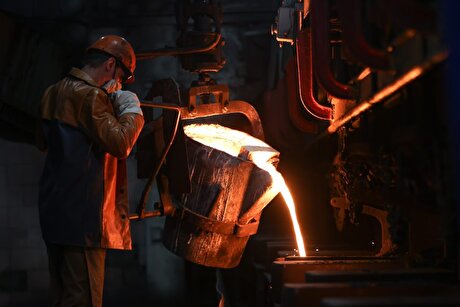
Brazil producers look to halt pig iron output as US tariff threat crimps demand
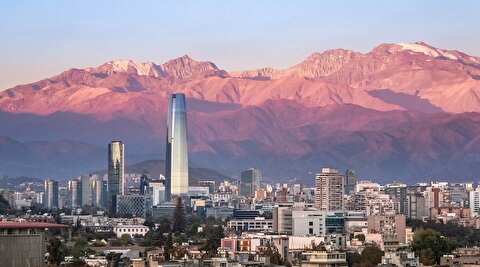
Chile’s 2025 vote puts mining sector’s future on the line

Gold price could hit $4,000 by year-end, says Fidelity
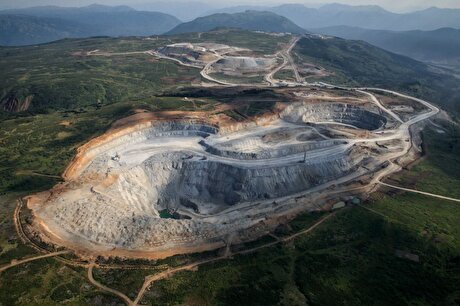
Three workers rescued after 60 hours trapped in Canada mine
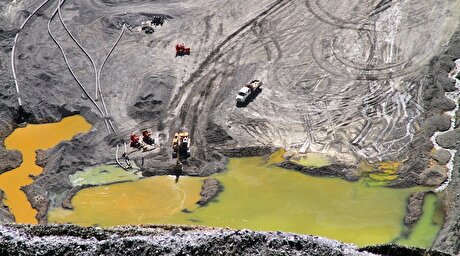
US targets mine waste to boost local critical minerals supply
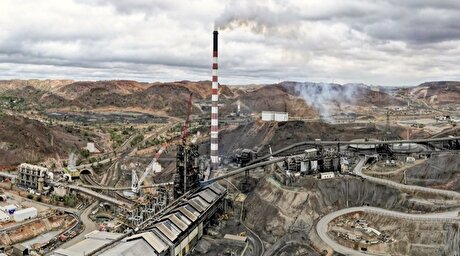
Glencore workers brace for layoffs on looming Mount Isa shutdown
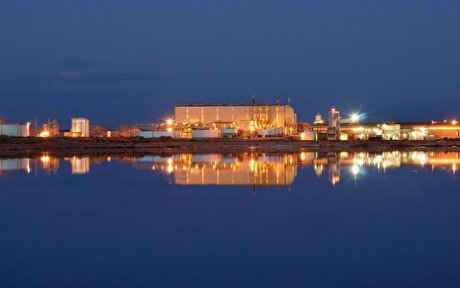
Energy Fuels surges to 3-year high as it begins heavy rare earth production
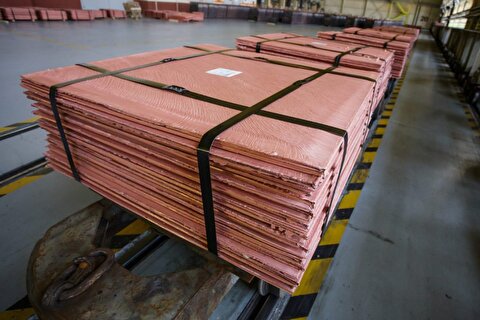
Trump tariff surprise triggers implosion of massive copper trade

Maxus expands land holdings at Quarry antimony project in British Columbia

BHP, Vale accused of ‘cheating’ UK law firm out of $1.7 billion in fees
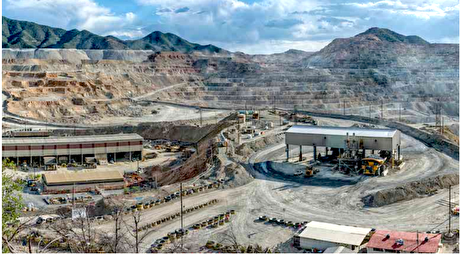
Southern Copper eyes $10.2B Mexico investment pending talks

American Tungsten gets site remediation plan approved for Ima mine in Idaho

Kinross divests entire 12% stake in Yukon-focused White Gold

Gold price could hit $4,000 by year-end, says Fidelity

Southern Copper expects turmoil from US-China trade war to hit copper

Ramaco Resources secures five year permit for Brook rare earth mine in Wyoming

Column: EU’s pledge for $250 billion of US energy imports is delusional

Trump tariff surprise triggers implosion of massive copper trade

Maxus expands land holdings at Quarry antimony project in British Columbia

BHP, Vale accused of ‘cheating’ UK law firm out of $1.7 billion in fees

Southern Copper eyes $10.2B Mexico investment pending talks

American Tungsten gets site remediation plan approved for Ima mine in Idaho

Kinross divests entire 12% stake in Yukon-focused White Gold

Gold price could hit $4,000 by year-end, says Fidelity

Southern Copper expects turmoil from US-China trade war to hit copper

Ramaco Resources secures five year permit for Brook rare earth mine in Wyoming














